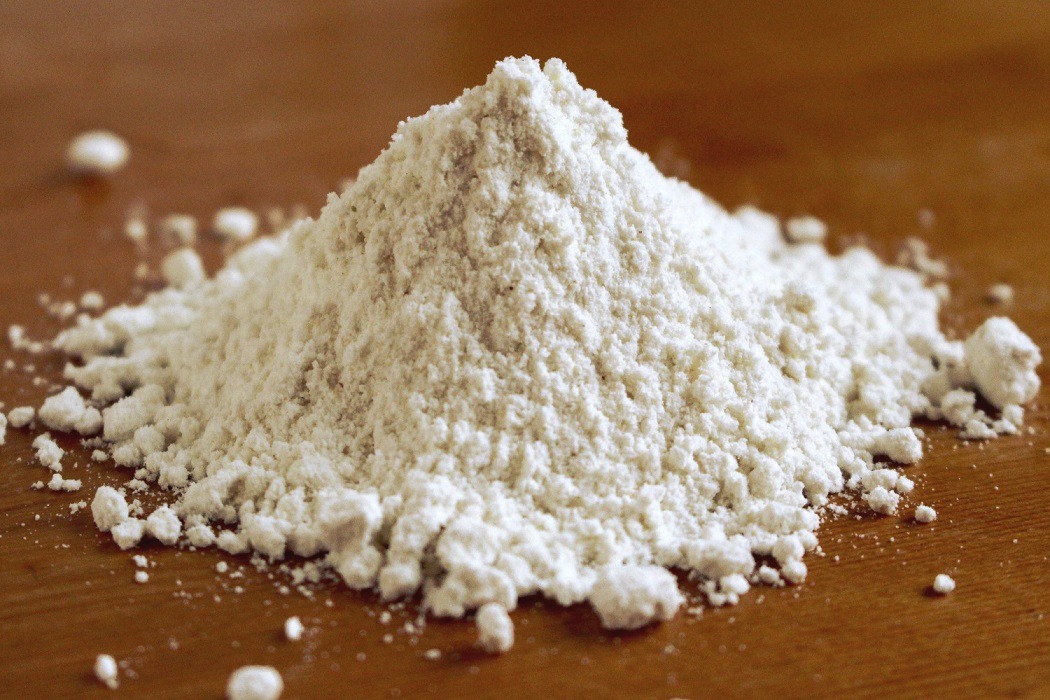
LOCAL millers say the industry is ready to meet rising flour demand, estimated to be at its peak level, following interventions on wheat imports by the central bank to cover the local output gap.
BY FREEMAN MAKOPA
The millers are currently producing 22 million kg of baker’s flour per month against an installed monthly production capacity of 43 million kg, according to Garikai Chaunza, the Grain Millers’ Association of Zimbabwe spokesperson.
The bulk of the flour is absorbed by bakers, who produce bread and related products.
Daily bread consumption is currently estimated at 950 000 loaves, and has increased in recent months on account of seasonal factors.
According to a recent study by the National Bakers’ Association of Zimbabwe (NBA), the national bread market is dominated by Zimbabwe’s three largest bakers — namely Bakers Inn, Lobels and Proton.
When combined with in-store bakeries, the top three producers control about 95% of the market.
“The consumption of bread and flour related products is at its peak owing to a number of factors, chief among them the chilly weather conditions, which forced many to resort to drinking tea, and the rising farming community’s income from tobacco, maize and other agriculture related produce sales,” Chaunza said.
- Chamisa under fire over US$120K donation
- Mavhunga puts DeMbare into Chibuku quarterfinals
- Pension funds bet on Cabora Bassa oilfields
- Councils defy govt fire tender directive
Keep Reading
“The industry is ready to meet the flour demand and this has been made possible by the intervention made by the central bank, where it has assured a monthly disbursement of foreign currency for wheat imports by millers so that national stocks remain replenished.”
Chaunza said flour levels and production were now high due to demand of flour-related products and also the intervention of the Cabinet committee on food security and nutrition, which has ensured that there is adequate wheat import supply.











